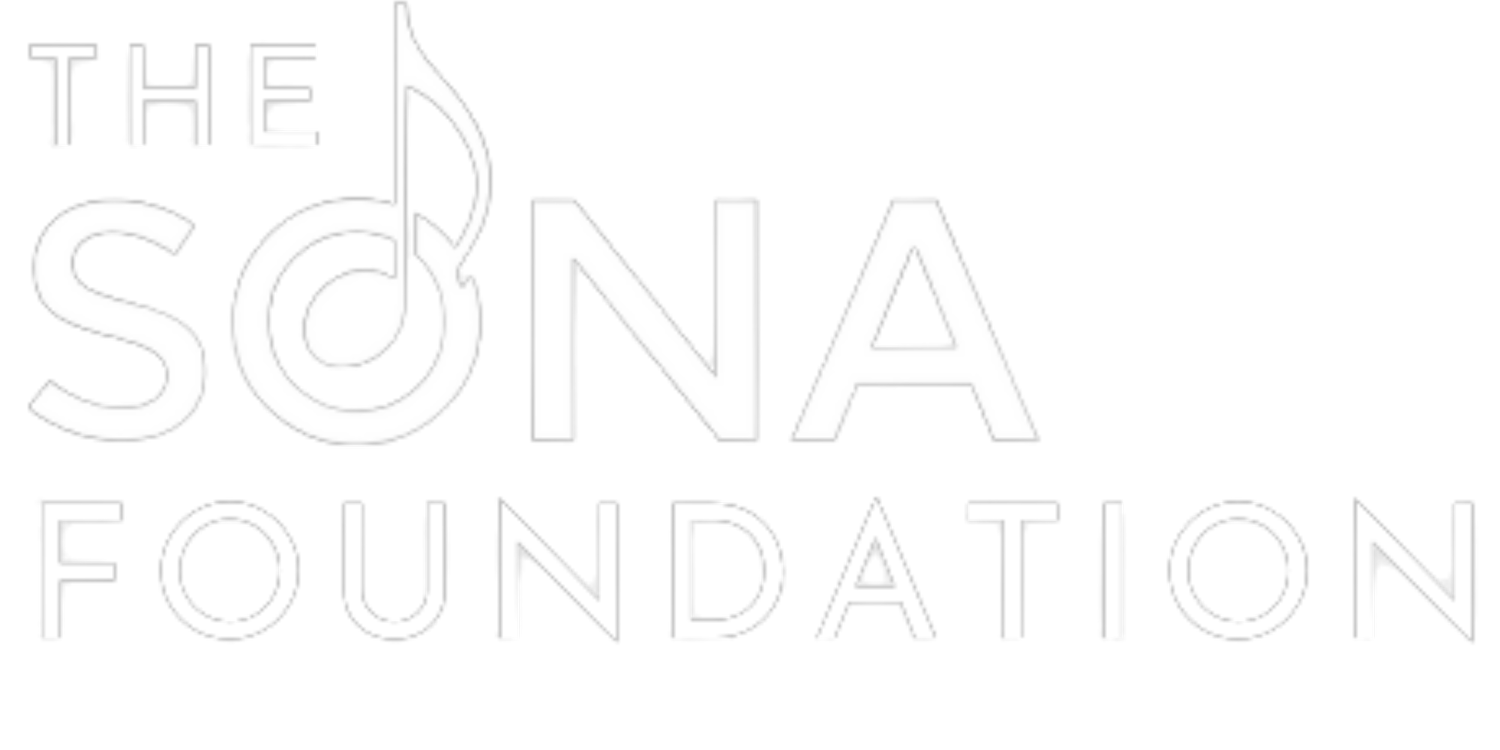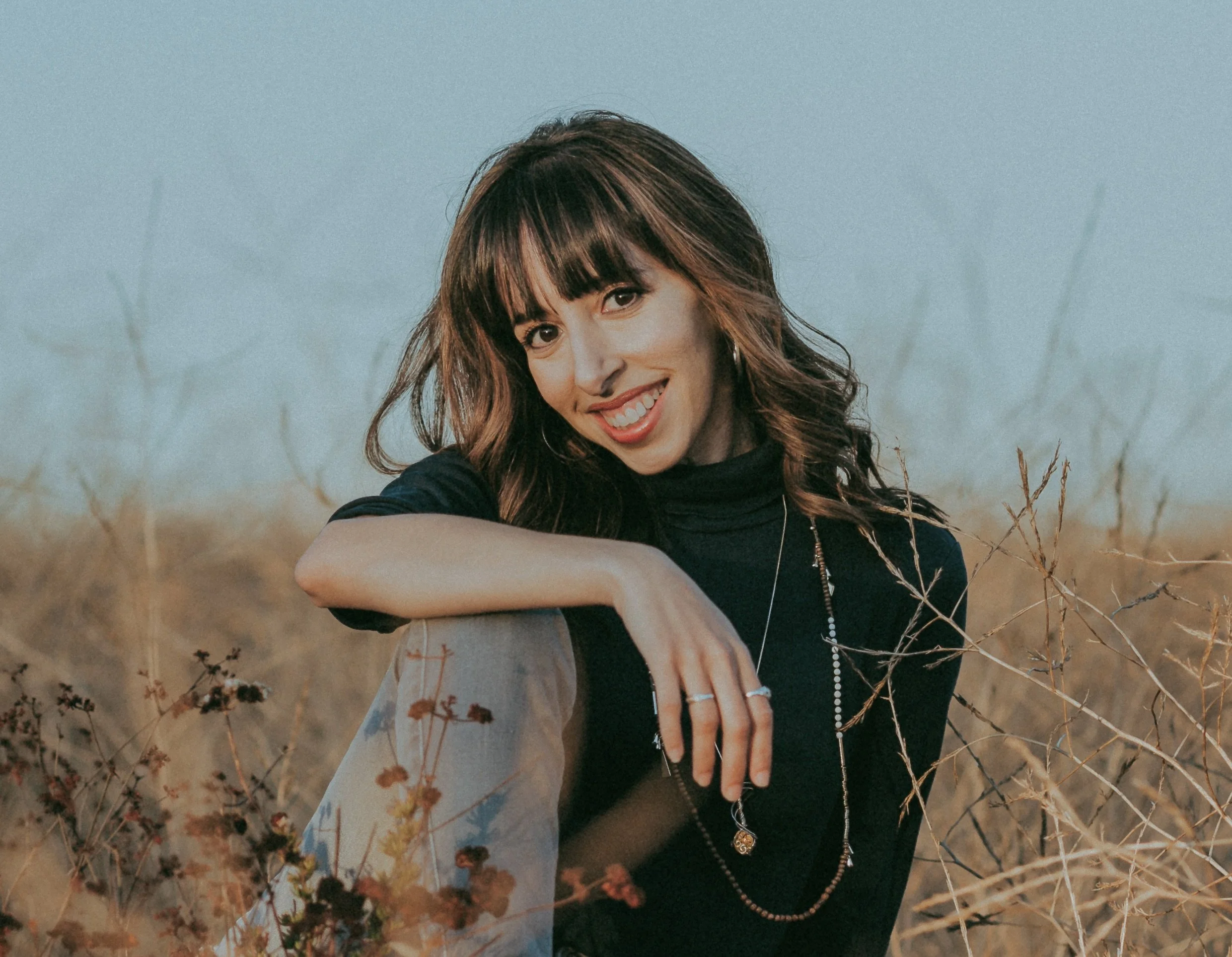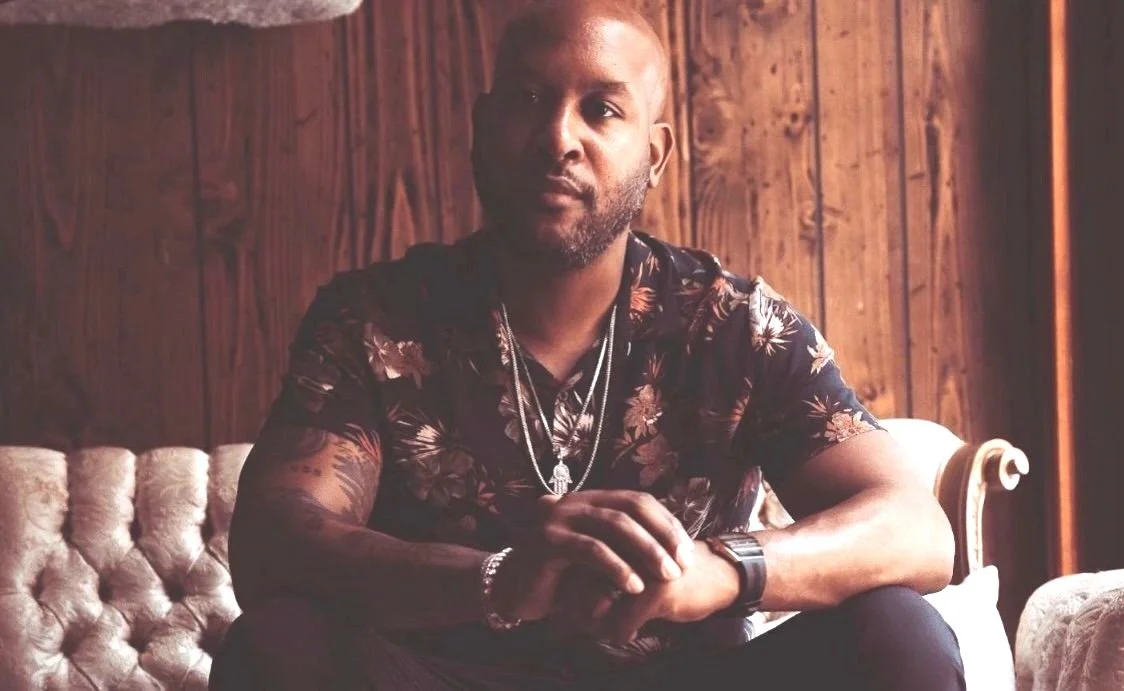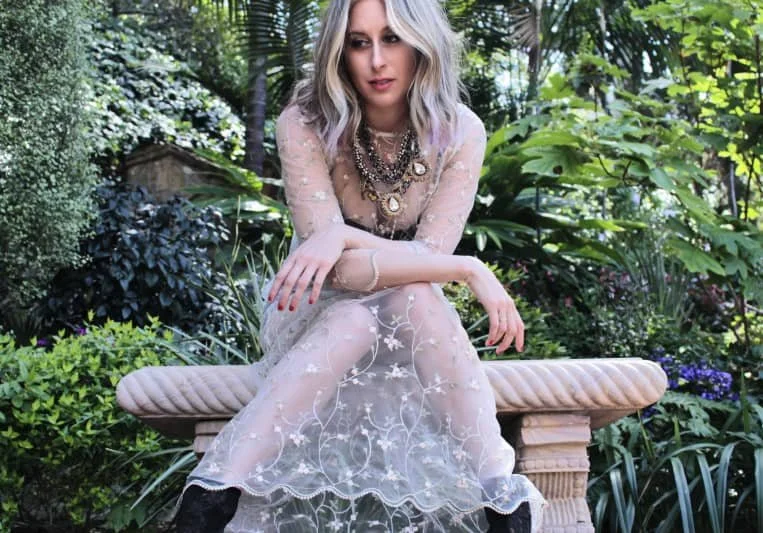
Each month we answer YOUR questions.
QUESTIONS / ANSWERS
May 2025 question from Kelly:
My ultimate push is for sync licensing, and getting my songs in film and tv. I love my work. I love what I can do. As a mom of two young children, and in a one income household, and just getting back into giving my songwriting dreams another serious push, what would you recommend for networking? I struggle with getting away often to networking opportunities in this particular season of my life with my kiddos, and we don’t have a ton of money for travel and expensive events. How would you say I can genuinely connect with industry professionals given where I am?
Aimee Felise answers:
This is gonna sound like I keep giving the same advice, but I feel like it doesn’t necessarily take an abundance of events or traveling to get your music into sync licensing. I think the most important thing is to have a few really competent collaborators to make music consistently with. Then you use that portfolio of songs to reach out to licensing agencies or music libraries. And there are some really great free or low cost virtual events for networking, including using social media. Or even better, the SONA Foundation is a great place to start as we have many opportunities for songwriters to connect and network.
April 2025 question from Liz:
How can I measure success?
Aimee Felise answers:
Part of measuring success is defining what success is for you because the meaning of success can be different from person to person.
Is success a certain amount of streams? Is it accolades or awards? Is it working with a certain artist? Maybe it’s making music you feel proud of or making enough money from music that you can do it full time? Once you define what success looks like to you personally then you can move toward it and start to analyze your progress.
March 2025 question from Justin:
How do you manage your mental health to remain productive and have a clear mind?
Brian Kennedy answers:
For me, the key lies in establishing a routine that eventually evolves into healthy habits.
One of my top priorities is ensuring that I get adequate sleep each night, aiming for at least 6 to 7 hours. I've found that quality sleep significantly impacts my mood and cognitive function throughout the day. To support this, I try to create a calming nighttime routine that helps signal to my body that it's time to wind down.
In addition to sleep, I make a conscious effort to stay hydrated by drinking plenty of water. Staying nourished fuels my body and helps maintain my focus. Incorporating regular exercise into my routine is another important aspect; whether it's a walk, yoga, or a workout, being active helps reduce stress and boosts my overall mood.
I also dedicate time to activities that inspire me. Reading books or watching thought-provoking shows and documentaries not only entertains me but also expands my perspectives. I find that immersing myself in new ideas often stimulates creativity and motivation in my own life.
Scheduling remains a crucial part of my approach. It may sound counterintuitive, but I believe it's important to intentionally schedule time for doing nothing. Life can get overwhelming, and setting aside an hour to simply sit still, reflect, and be present with my thoughts is rejuvenating. This practice has helped me cultivate mindfulness and gain deeper insights into my feelings and aspirations.
These practices have been invaluable in my journey of self-discovery. They allow me to grow in a positive and productive way while enhancing my mental well being.
February 2025 question from Rebecca:
Who do you pitch a song for sync? How do you find the right person to contact?
Aimee Felise answers:
The right person to contact depends on a few things.
Some options are to reach out to a music licensing company who will help pitch your songs for projects, or you can try reputable music libraries who will be able to place your music in film and tv.
You can also pitch directly to music supervisors, but it would be important to do your research on the kind of music they are needing and if/how they prefer to receive submissions.
You can find the right people by searching the credits on TV shows and films for music supervisors you think your music would be a good fit for or attending networking events and conferences for songwriters.
And don't forget that your peers are also a great resource: ask your friends who are already getting placements about who they are working with or collaborate with them since they already have those pipelines set up.
December 2024 question from Lindsey:
How do I bring up the subject of song splits without coming off paranoid or distrustful of the other writers?
Aimee Felise answers:
I like to come at it from a practical angle.
I’m often working on multiple projects so I make sure to get everyone’s info in a session: Full names, PRO, contact info and splits …. so that way I don’t have to go back and hunt people down later when the song gets placed or I need info for payments etc. I think if you just come off as professional and kind, it shouldn’t rub anyone the wrong way.
September 2024 question from Mikey:
What's the most important thing a person needs to place records?
Lindsay Rush answers:
Aside from writing hits 😏 I think that our relationships are the biggest determining factor, at least until you start having so much success that you become a go-to. Whether it’s the artist or the label or a collaborator who is already having success - someone who you have history with is always going to be more inclined to pull you in on things because they want you to succeed.
September 2024 question from Grant:
As an unsigned songwriter, how do I reach out to labels?
RAIGN answers:
Networking is really so important in this industry. To add to Brian’s answer, two specific events that I found to be really great for networking in LA, right at the beginning of my career when I had no connects at all, were the ASCAP Expo (now called the ASCAP Experience) and also MUSEXPO. Both are a really great investment of time and a great way to meet people and swap emails.
Remember the squeaky wheel gets the oil, but cold emailing people too often is also a turn off. Learning to get the balance just right is a skill in itself!
Brian Kennedy answers:
As an aspiring writer, there are plenty of effective ways to connect with music labels, even if you don’t have any industry contacts yet. One great approach is to explore the websites of different labels and submit your music through their submission pages or reach out via their contact forms.
Attending industry events is another great opportunity to mingle with other professionals in the field. It’s a chance not only to showcase your work but also to build your social media presence and network with fellow writers and producers.
In my experience, networking is truly the most valuable way to make those important connections. Whether through social media or at events, remember to stay in touch with people, nurture those relationships, and be patient—after all, this journey doesn’t happen overnight!
September 2024 question from Rebecca:
When you write a song with a cowriter, how do you record it when it's done and what do you do with it next?
Aimee Felise answers:
It depends on how we are writing it. Often I write with the producer in the room so the track is being made at the same time.
However, if my collaborator is not a producer, we will just record the song to a click track with a vocal and piano or guitar. You can record it with something as simple as a voice memo recording on your phone or you can use an interface and DAW.
Then usually at that point we would find a producer to work with to fully produce it out once we are ready.
August 2024 question from Clint:
What are the next steps after you have demos / memos on your phone created in your kitchen “studio"?
Aimee Felise answers:
The next steps depend on your goal for the demos. Are you wanting to showcase those songs as an artist yourself? Are you wanting to pitch the songs to other artists? Are you hoping to use the songs for licensing?
Since I do not know the answers to those questions, I am going to give a more general answer – and that would be to collaborate.
Connect with your network in the music industry to get feedback on your demos. Maybe there are artists or producers that would be interested in working on the songs with you and taking it to the next level.
May 2024 question from Richard:
How does a songwriter get their songs to recording artists for possible cuts?
Brian Kennedy answers:
To get original songs to music artists, typically, you would send the songs to an A&R or manager. They would listen to them and potentially place them with the artist.
However, I have always preferred building relationships directly with writers, producers, and artists whenever possible. Networking has always been and continues to be crucial. Whether it's through social media or through a contact, there's always a link somewhere.
April 2024 question from Melissa:
What advice do you have for songwriters rebuilding after a career break due to extensive caregiving challenges?
Aimee Felise answers:
As for me, something that is key after being away for health or other caregiving challenges is to make actionable goals that I have control over, so that I can build some momentum for myself.
Otherwise, it’s easy to get overwhelmed by feeling like I’ve missed out.
For example, you may not be able to control getting a huge licensing placement or having an artist pick up your song, but you can choose to schedule sessions with trusted collaborators each day, build up your catalogue, reach out to one important connection each workday, and so on.
Those actionable goals might be different depending on each songwriter, but the idea is to focus on what you can control and make step by step progress toward where you want to be.
RAIGN answers:
...and remember that your talent will always shine though and if you feeler called to make music then nothing can get in your way. Your blessing is your blessing and relationships can always be re built and realigned. As with any creative entrepreneurs, the key component to success other than talent, hard work and relationships is a heavy dose of faith.
March 2024 question from Sara:
When doing a co-write it’s easiest to split everything 50-50 across the board, but I've run into some situations where I have written a complete song and brought it into the studio to record with a producer.
If I don’t have the money upfront to pay someone, I have at times negotiated splitting the master with the engineer/producer for syncs, and other backend opportunities for the track. But I don’t feel that I should be obligated to share publishing. Do I need to be splitting ownership? I would rather just share proceeds from the master, but I have already promised ownership of half the master.
What are the ramifications of this?
Aimee Felise answers:
It is a complex question mostly because it isn't one question. However, if I were to try to answer it in a more general sense/ non-legal sense:
As a collaborator, if you agree to terms (i.e.: splitting the master), you need to follow through, not only for the legal ramifications, but also because a good collaborator is trustworthy and you want to build bridges not burn them.
Additionally, when it comes to splits or different payout agreements like "work for hire," etc., most contracts can be accommodated if all the parties involved agree to the terms. It would just be essential to have an attorney, who specializes in this area, to draw up the contract for you.
February 2024 question from Justin:
How do you manage overthinking and stop self-censoring yourself in your work?
Aimee Felise answers:
I remind myself to create from a place of curiosity and joy. When I start from a place of gratitude and safety of expression, I can get back to what made me love writing in the first place. I have to reorient myself around that when I start to get sidelined.
However, there are times when getting there on my own is really too difficult, and that is when I need to utilize my support system to help me get out of my own head. My friends within the music industry have been so healing in those moments because they get it.
December 2023 question from Cameron:
Where do I place my music online to get my songs in front of music supervisors?
Aimee Felise answers:
Many music supervisors are going to want to work with licensing agencies because there is no risk to them that the songs will be improperly credited or have samples that aren’t cleared. Also, the agencies have E&O insurance. So one idea is to get your songs into licensing agencies where music supervisors go to get songs. Plus a good licensing agency is gonna be pitching your songs for you.




